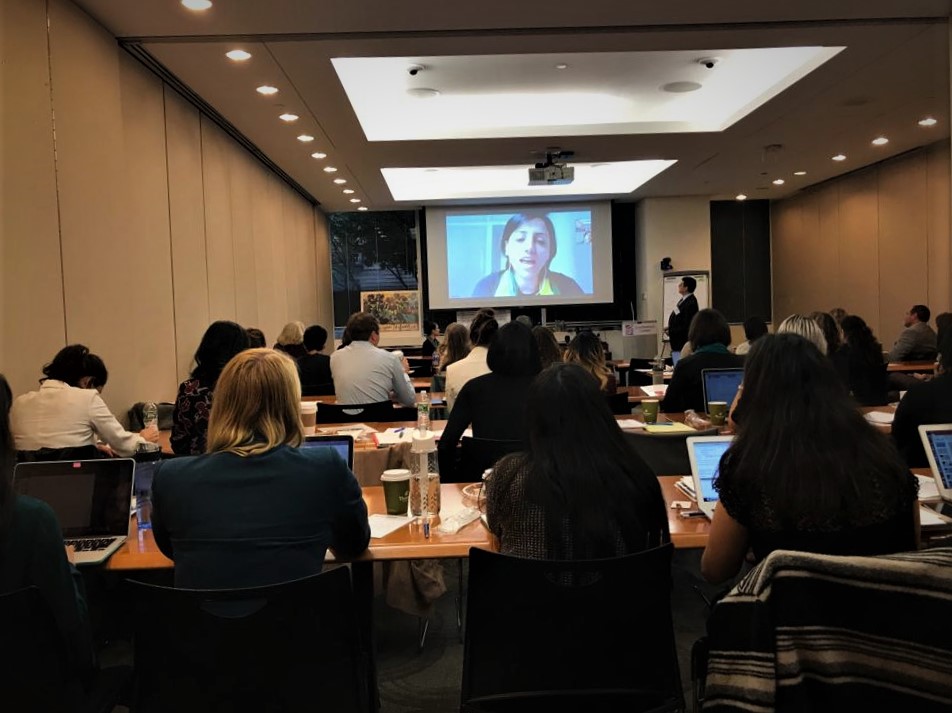






On November 5, the Americas Network on Nationality and Statelessness (Red ANA), United Nations Refugee Agency (UNHCR) and the Open Society Justice Initiative celebrated their first workshop on statelessness in the United States and the emerging challenges on nationality in Washington, D.C.
Over 40 people from 19 organizations and legal clinics from across the country dedicated to advocating for the rights of stateless persons came together to share knowledge on the current situation of statelessness in the United States, exchange information on good practices and comparative experiences in the Americas, and build capacity to increase collaboration of civil society in the U.S. working on statelessness.
The workshop counted on the participation of Volker Turk, Assistant High Commissioner for Protection of the UNHCR and the United Stateless network, a national organization led by stateless persons. The workshop also allowed participants to better understand the work of each organization and legal clinic working on the subject, as well as to hear the voices of stateless persons themselves, which are key for U.S.-based civil society organizations to develop a coordinated and effective strategy to address this issue in the future.
One of these stories included a presentation by Maha Mamo, a former stateless person, who is currently on a journey to build and inspire a community among those affected by statelessness, and advocate for their human rights.
“Here we [Maha & siblings] were, thinking we were the only Stateless people in the world”, she stated during a video presentation, “When we received our refugee status, in May 2016, it was our first identity as human beings….my brother, we were able to make him a death certificate, he was lucky.”
Mamo was fortunate enough to receive her Brazilian nationality on October 4, 2019. Her story highlighted some of the challenges faced by stateless people, as well as the potential and passion they bring to the table:
“I believe in diplomacy, in democracy, and in making visible the issue of statelessness to work to fix laws,” said Mamo, “We just want to feel like human beings, to live and to exist.”
¡Ayúdanos a continuar este trabajo crítico y urgente con una donación!
DONA AHORA